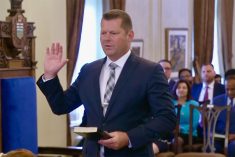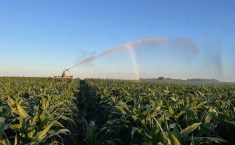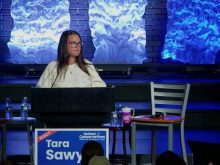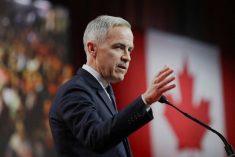Making rural Alberta even more of an economic engine is a top priority for the province’s new ag minister.
Drumheller-Stettler MLA Nate Horner was suddenly promoted on Nov. 5 after his predecessor, Devin Dreeshen, resigned amidst allegations of heavy drinking.
The changing of the guard was so sudden that Horner didn’t even have the usual press conference after his swearing-in. But in a brief email statement, he said his first order of business would be to continue a virtual engagement tour he launched last month when he was associate minister in charge of rural economic development.
“These virtual sessions are opportunities to listen to rural communities and business leaders to gather information on ways to promote economic development in rural Alberta by further understanding opportunities to support investment and growth,” he said.
“Discussions and feedback collected will ensure our rural communities participate in, and benefit from, Alberta’s Recovery Plan.”
And farmers are at the heart of that plan, he added.

“As Alberta’s second-largest resource sector, we can’t talk rural economic development, let alone economic recovery, without a plan for ensuring the long-term viability of agriculture in the province,” said Horner. “I will continue to strongly advocate for growing Alberta’s future through our world-class agriculture and agri-food processes and products.”
Horner has been a relatively low-profile MLA since being elected in 2019. He only joined Twitter in July and has mostly retweeted announcements by the UCP government about initiatives aimed at creating jobs and boosting the economy.
“I hope to be a strong voice for everything ag, oil, and rural,” he states on the United Conservative Party website. “My goal is to help Premier Kenney make Alberta once again the most competitive jurisdiction in North America, make government smaller, massively decrease our regulatory burden, and stand up for ourselves and our industries.”
Read Also
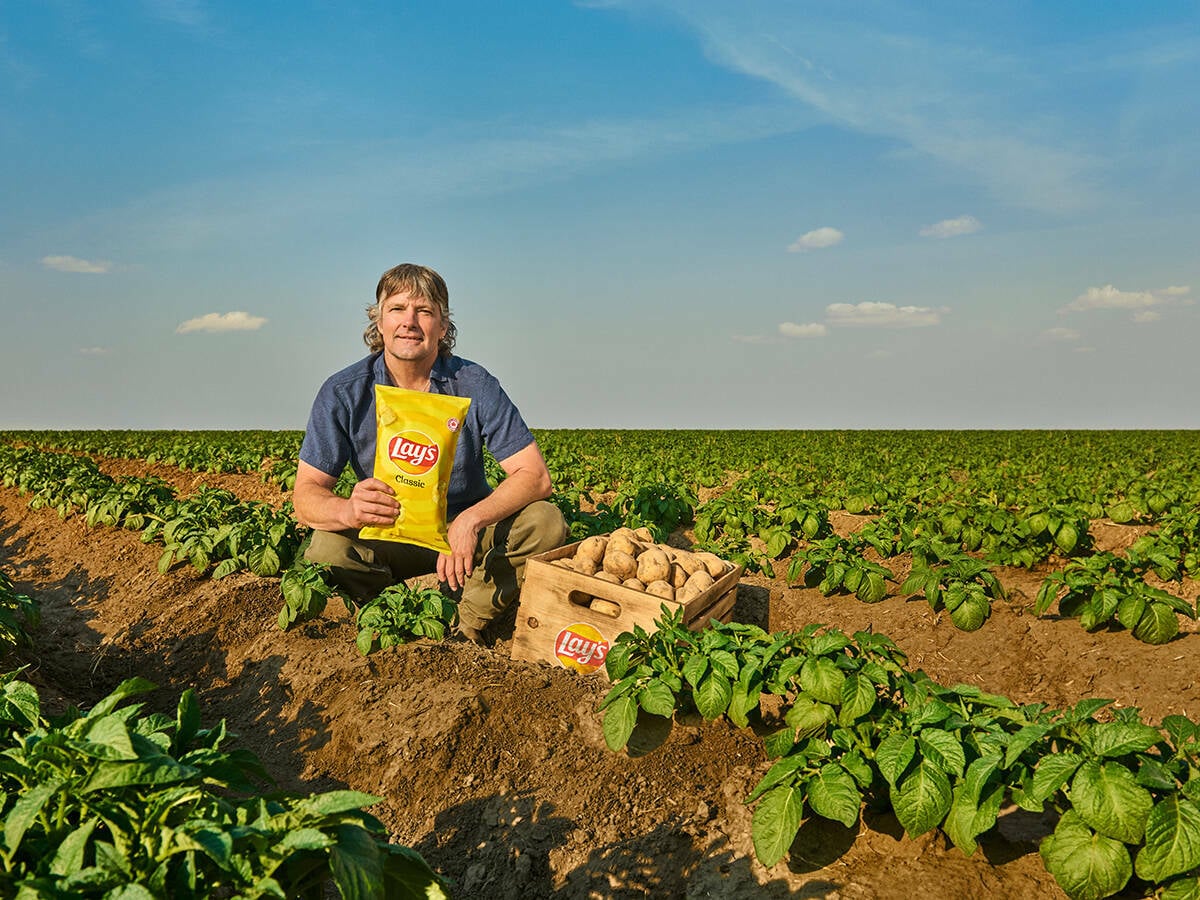
Alberta farmer invited to World Economic Forum
Southern Albertan farmer’s regenerative agricultural practices featured on panels at Davos where nations come together in partnership.
Horner was appointed after Dreeshen resigned amidst charges that he often drank, sometimes heavily, in his legislature office. The initial allegations were part of a $400,000 lawsuit brought against the Office of the Premier of Alberta by a former government chief of staff last month.
“I accept that my personal conduct with regards to alcohol has become an issue for the government as a whole,” Dreeshen said on Twitter. “I deeply regret that this is the case, but have decided that it is best for both myself and the province to resign my position and focus on both my personal health and wellness.”
Deep ranch and political roots
Although a rookie MLA, Horner is no stranger to Alberta politics. His grandfather Jack was a well-known and longtime MP, and he is related to both Hugh Horner and Doug Horner, both former ag ministers.
He earned an ag business diploma from Olds College and a bachelor of science degree in agriculture from the University of Lethbridge and afterwards bought his grandfather’s ranch. His UCP bio also says he ran an oilfield ambulance business and small aggregate hauling business. The fifth-generation producer is also a former Canadian Intercollegiate Rodeo Association saddle bronc champion. He and wife Jennifer have three children.
While many UCP cabinet ministers and MLAs take a heavily partisan stand, Horner has largely focused on economic matters, particularly jobs and investment, in his social media posts. He was also on hand in late July when the premier and his predecessor toured the drought-stricken area around Bassano, a week before Premier Jason Kenney announced what would become a $340-million aid package for the livestock sector.
“We are committed to getting farmers and ranchers the supports they need to get through these hard times,” Horner tweeted at the time.
In one of his first tweets, he also came out firmly in support of COVID vaccines.
“Vaccines work,” he tweeted in July. “The number of cases across the province will continue to fluctuate but, thanks to the vaccine, severe outcomes have plummeted.”
But Horner also opposed the reimposition of Level 1 restrictions in the spring. In a Facebook video, he pointed to low case numbers at that time in his riding and said he supported “a regional approach that actually reflects the reality faced by every corner of the province.”
In launching Alberta’s Rural Engagement Survey, he said the goal was to get the “common-sense, good ideas of the boots on the ground.”
And rural Albertans will be central of an economic recovery plan, he later tweeted.
“We want to have a comprehensive, open and honest conversation with rural Albertans because they know what’s working and what’s not,” he said.
Horner’s low-key style may have been one factor in his promotion after the spotlight on Dreeshen’s behaviour had become intense.
Although the lawsuit by Ariella Kimmel (a former chief of staff to the minister of jobs, economy and innovation) was filed against the premier’s office (alleging it failed to act on complaints about sexual harassment and a toxic workplace), the statement of claim alleges inappropriate conduct by Dreeshen. It details one night in particular in the fall of of 2020. Kimmel alleges Dreeshen indulged in “excessive drinking” that evening to the point she intervened and asked him to stop. Later that evening, the document alleges, he confronted her and “aggressively yelled at her to the point where she was in tears and a concerned bystander intervened.”
The two had been in an on-and-off relationship, according to Kimmel.
Dreeshen initially denied he had a drinking problem. But on the morning he resigned, a CBC report quoted multiple unnamed UCP government staff saying he was known to frequently drink in his office at the legislature, and described numerous occurrences over 2019 and 2020.
– With files from Alexis Kienlen



